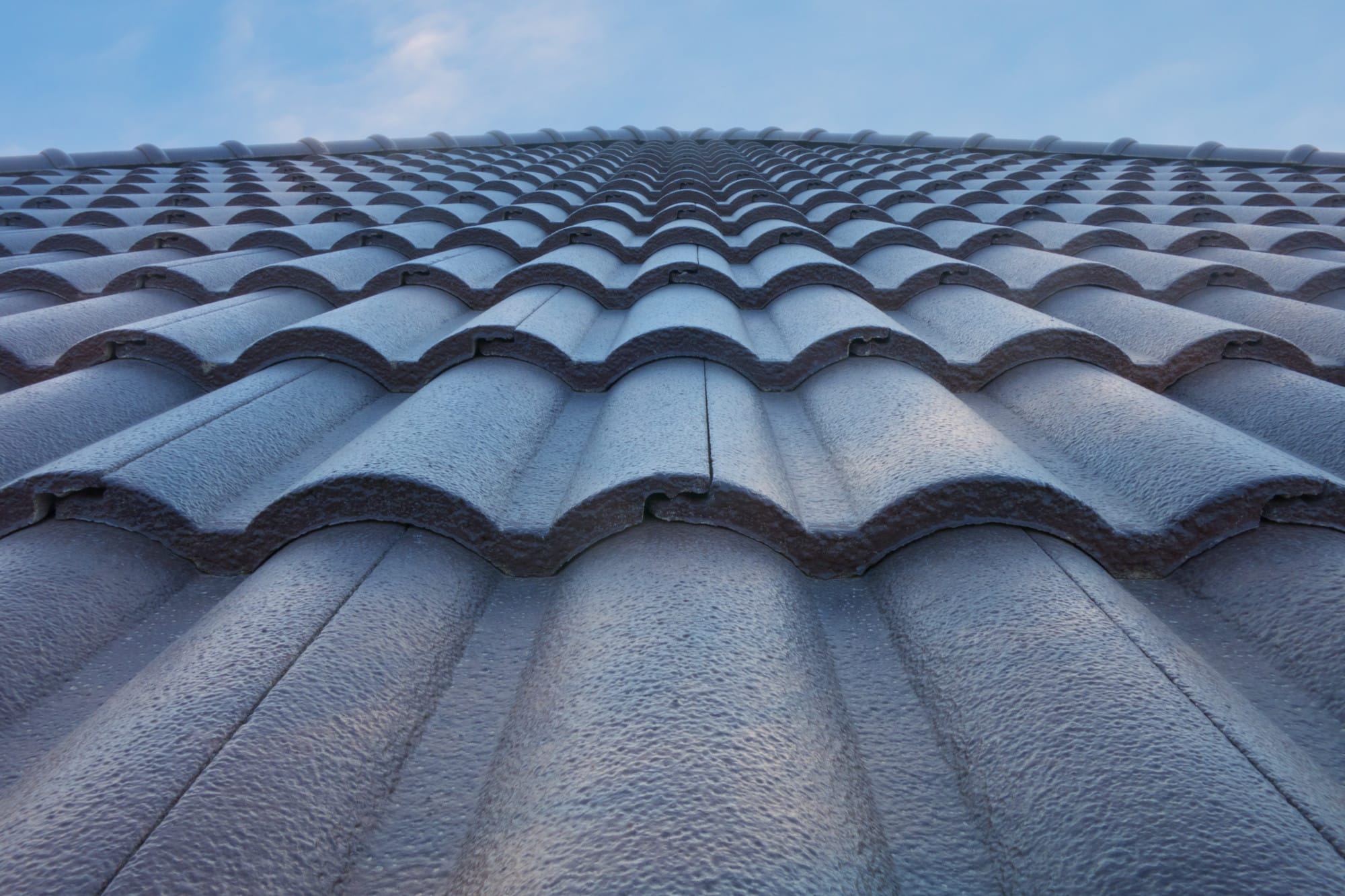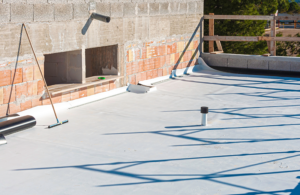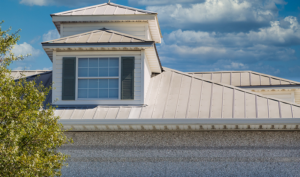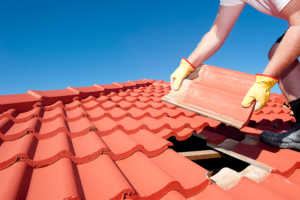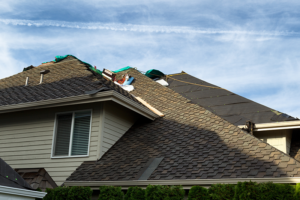Is your roof looking a little rough for the wear? Even if you don’t weather a major storm—or the blistering heat and humidity of summer in the South—the truth is that your roof doesn’t last forever. Asphalt roofs only have an average lifespan of 15 to 20 years. It sounds like a respectable lifespan, right?
Here’s the catch: if you’ve outlasted a major storm or severe weather, that shaves years off your roof’s life. If your roof looks rough around the edges, there’s a good chance it’s not doing its job very well.
The good news? There are tons of beautiful roof options to choose from. If you’re looking to replace your roof for a whole home remodel, here’s a look at the benefits of installing slate and tile roofs.
What are Tile Roofs?
Tile roofs have been around for thousands of years. There’s a good reason for that—the tile roof offered a spry upgrade on its thatched ancestors, with far stronger temperature retention and better protection against the elements.
Traditionally, tile roofing was made from fired clay, especially terracotta. These days, a tile roof can be constructed of just about anything. Some standard roof tiles types include:
- Clay roof tiles
- Concrete roof tiles
- Ceramic roof tiles
This roofing style has stuck around for so long because it’s fantastic at its job, and it looks good doing it. In the South, where temperatures can climb relatively high, tile roofs are especially attractive because they hold up well against blistering summer heat while maintaining your home’s internal temperature.
What are Slate Roof Tiles?
Slate roofing is a tile roofing made of slate, a fine-grained, foliated metamorphic rock created when shale or mudstone is altered over time by low-grade regional metamorphism. There are several regional varieties of slate, each with unique mineral properties. Spanish slate, for example, is a slightly different material from Welsh, Chinese, or Brazilian slate.
Authentic slate roof tiles are 100% stone, quarried directly from the earth with no additives. You can spot slate by how the light hits it—a distinctive quality provided by the high mica content. Slate is roughly 40% mica, which provides a low-level shine.
Slate is quite popular as a roof tile material because it’s made of sedimentary rock, which means it has excellent cleavage properties. Think of a hunk of slate like a deck of cards. It’s comprised of several layers, and each of those layers can be sliced (cleaved) off, like removing a playing card from the top of the deck.
There are several types of slate tile roofing, but the most common is a standard or uniform slate roof system. Uniform slate roofs are comprised of 1/4″ to 3/8″ slates of standard width and length, laid horizontally in uniform rows. However, you can also add a bit of character by introducing a curved tile and slate of different colors for a striking roof with patterned accents.
Advantages of Slate Tile Roofs
For many, slate roofing is considered the gold standard. It’s the material of choice in many high-end neighborhoods, and homeowners are often willing to pay top dollar for natural slate because of the material’s unique benefits to the homeowner’s roof aesthetic. Here are two of the biggest attractions for homeowners.
Attractiveness
For many homeowners, one of the most significant benefits of slate roofing is its stunning appearance.
When a house has a slate roof, it draws the eye. This material has a certain timeless elegance that you can’t find anywhere else. In fact, in many exclusive suburbs with high-end homes, houses are built exclusively using slate roofing. If you’re looking for a roof with a bit of color and personality, a slate roof offers you quite a lot of options. Slate is available in various colors, including black, gray, green, red, purple, and even some mottled tiles with a mix of colors. The right roofer with a penchant for design can craft you a stunning roof that will be the envy of the whole neighborhood.
Durability
Another key advantage of slate roofing is its durability. As a type of natural stone, slate is naturally fire-resistant and wind-resistant, with a low water absorption capacity. It holds up well against even the toughest of storms. When installed and maintained correctly, a good slate tile roof can last a century or more. When it comes to durability, slate is the one to beat.
Disadvantages of Slate Tile Roofs
Of course, like any material, slate tile roofing comes with certain disadvantages. For many homeowners, the biggest disadvantage is cost. Prices vary depending on the roof and the purity of the slate in the tile, but you can count on slate to cost way more than your typical asphalt roof.
This is partly because slate roofing is rather challenging to work with, which drives up the cost of labor. Slate is so impressively durable in part because it’s so heavy. That’s great news for wind resistance, but it also means that it requires more workmanship to handle and lay slate tiles without damaging them.
Because slate is a difficult material to work with, many roofers don’t know how to install slate tiles. That means you have to find a roofer with specialized experience installing slate roofs, or else you’ll wind up with a poorly installed roof and high repair costs.
Need New Tile Roofing?
For the discerning homeowner who has an eye for style and quality, slate tile roofing is a fantastic choice to make your home look its best while performing at its best.
If you’re in the market for an expert roofer to deliver your dream roof, we’ve got you covered. We’re the premier residential roofing company in the southern U.S., with a team of hardworking experts committed to making sure you have a great roof and a great experience. For us, it’s just the right way to handle roofing.
Ready to invest in a roof you love? Get in touch today to let us know about your roofing project.

